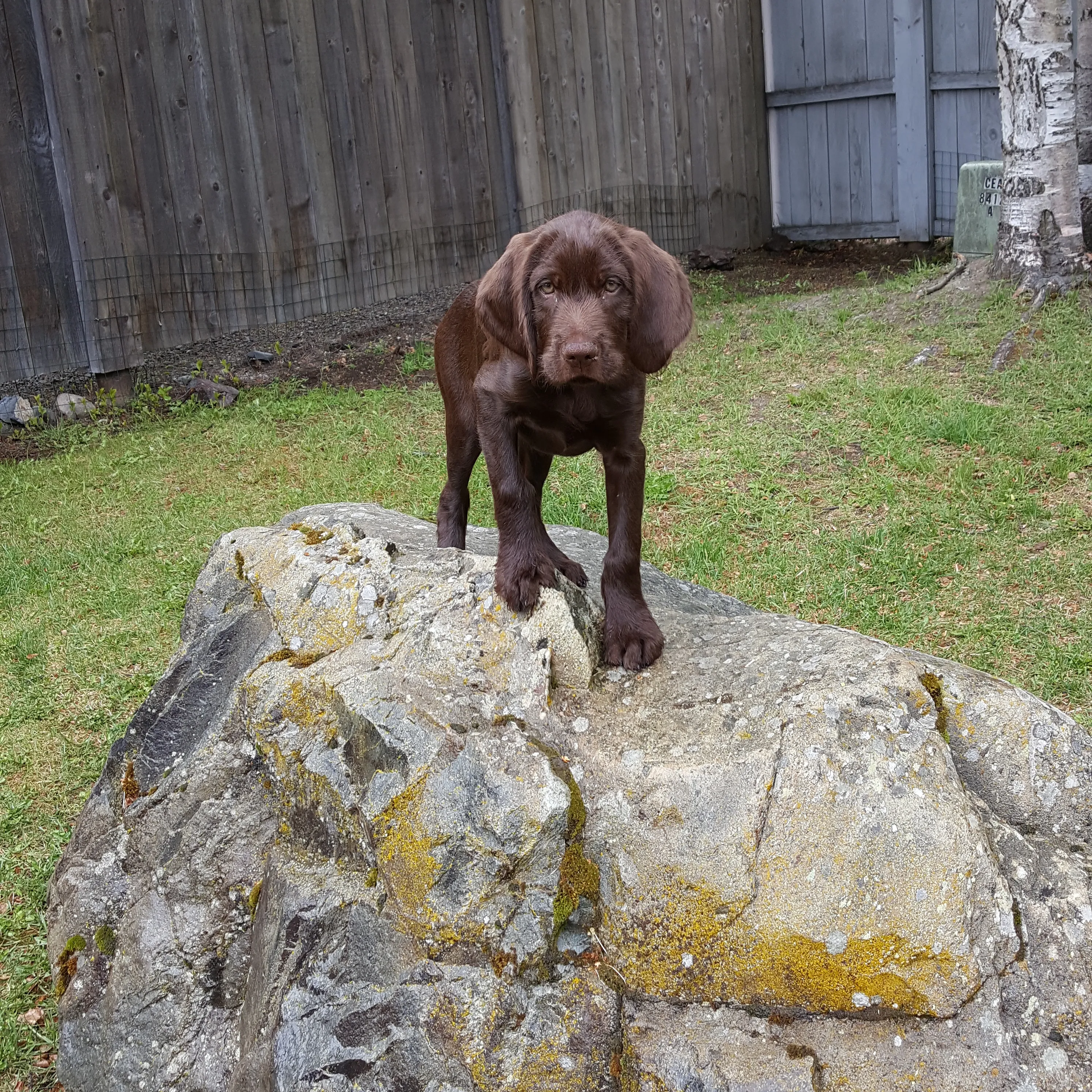There are numerous breeds of hunting dogs, each suited to different styles of bird hunting. Owning a specialized dog for every hunting scenario can be expensive and time-consuming, making it ideal for hardcore hunters. Bird hunting is often divided between upland birds and waterfowl, requiring different dog types. While waterfowl dogs and upland dogs have specific focuses, versatile hunting dogs are trained to retrieve waterfowl and flush or point upland birds.
This article explores why a multipurpose / versatile hunting dog is the optimal choice. According to Vance (2002), a “versatile” hunting dog, as defined by the National Versatile Hunting Dog Association, is “a dog that is bred and trained to dependably hunt and point game, to retrieve on both land and water, and to track wounded game on both land and water.” Bob Farris (2018) adds that “some of the versatile breeds come with so much affection that the family can manage these dogs easier as the affections helps create more obedience in a form of bid ability and a calmness, specially for the children’s benefit.” Therefore, proper breeding and training versatile hunting dogs are essential to guarantee these qualities.
The first key factor is cost. A well-bred hunting dog can cost up to $2,500. Food and veterinary bills are also significant expenses, increasing with each dog. Dog beds, kennels, leashes, and training supplies add to the overall cost. Opting for one dog capable of hunting multiple species reduces purchase and maintenance expenses. A dedicated bird hunter might need both a Labrador retriever and a Pointer for upland and waterfowl hunting, meaning two dogs. As these dogs age, serious hunters often introduce younger dogs, potentially leading to a pack of four. Versatile dogs, however, are bred for upland and waterfowl hunting, while also being a suitable family companion.

Gunner pup, a young versatile hunting dog, demonstrating the potential of these breeds in early training.
Space is another consideration. Hunting dogs are generally medium to large breeds. Housing multiple large dogs can create chaos. Multiple kennels, water bowls, food storage, and other accessories can occupy significant space. Managing one dog is simpler, requiring less space and care. When , their living environment should also be considered.
Finally, versatility is a major advantage. Versatile hunting dogs are increasingly popular among hunters due to the expanded hunting opportunities they offer. Their versatility allows hunters to pursue more species across more seasons, increasing time spent in the field. While versatile dogs are excellent for hunters, they require a broader range of training compared to specialized dogs. The training versatile hunting dogs is essential for successful hunting experiences.
Consequently, a versatile hunting dog is the best option for today’s bird hunter. It saves money, allowing for more trips and adventures. It also reduces space and resource requirements at home. Most importantly, it provides additional hunting opportunities and the ability to target various bird species. When breeding & training versatile hunting dogs you have to consider the hunting environment.
If you are considering a bird hunting dog, research versatile hunting dog breeds and select the best fit for your needs.
Further Reading:
- Joel Vance, The Do Everything Dog, mdc.mov.gov.comag, Missouri Conservationist Magazine, Sep 02, 2002, accessed January 11, 2018. https://mdc.mo.gov/conmag/2002/09/do-everything-dog
- Bob Farris, Breeding & Training Versatile Hunting Dogs Paperback, CreateSpace Independent Publishing Platform; 2 edition (February 25, 2018)
Useful Links:
- http://www.versatiledogs.com/ – An online community and discussion forum
- https://www.navhda.org/registry/versatile-hunting-dog-breeds – A list of recognized Versatile Hunting Dog Breeds
- https://www.navhda.org/about – The North American Versatile Hunting Dog Associate (NAVHDA)
